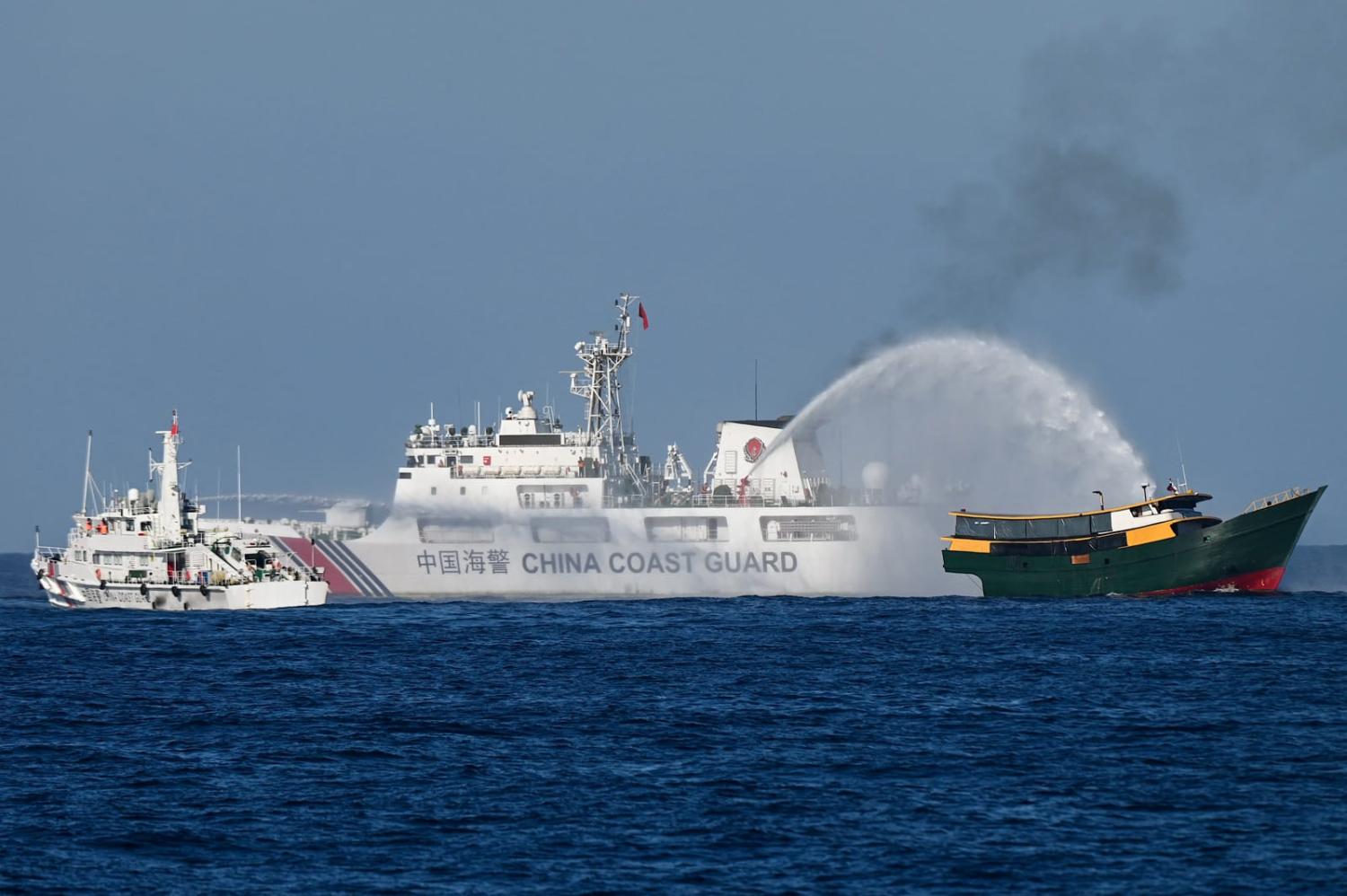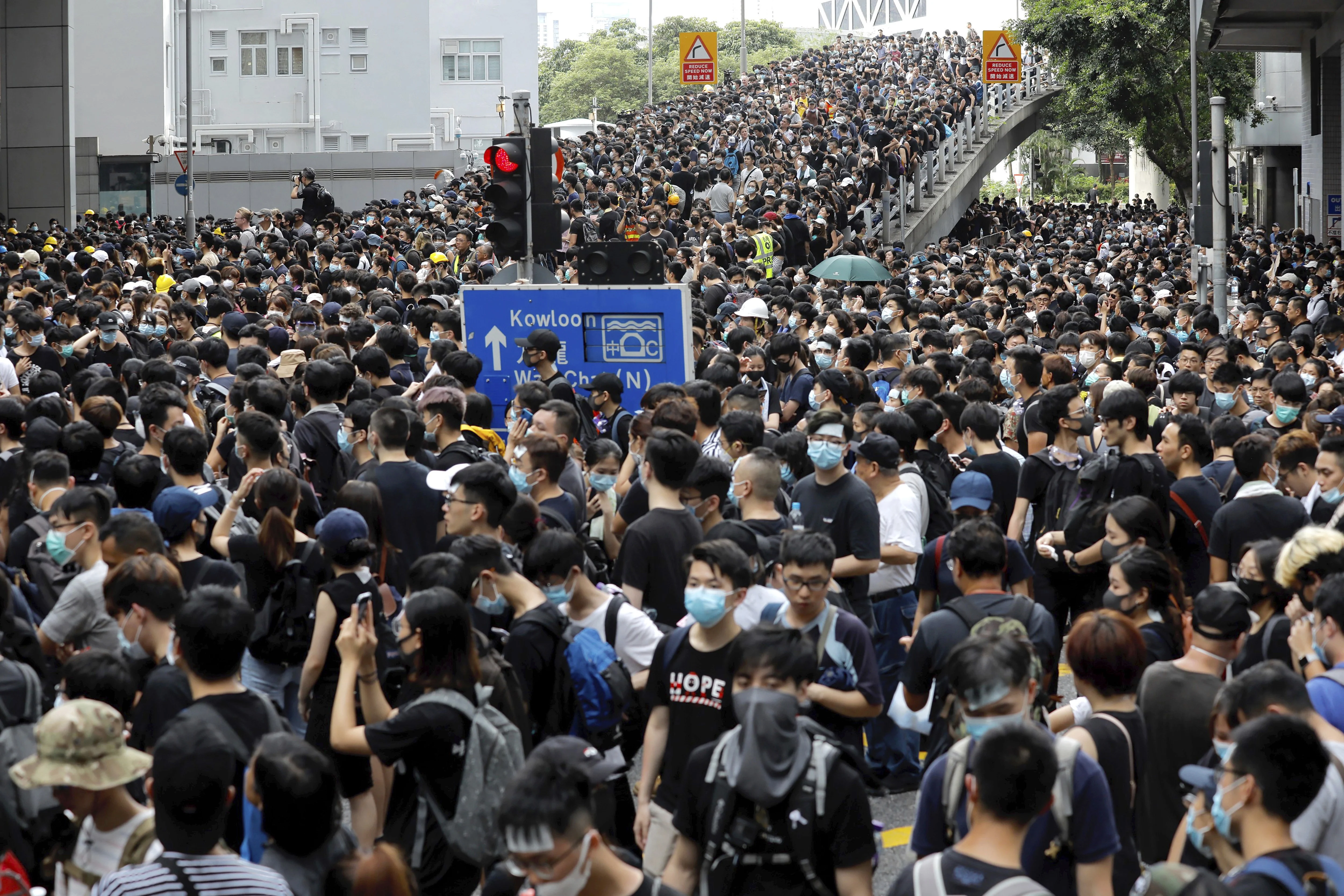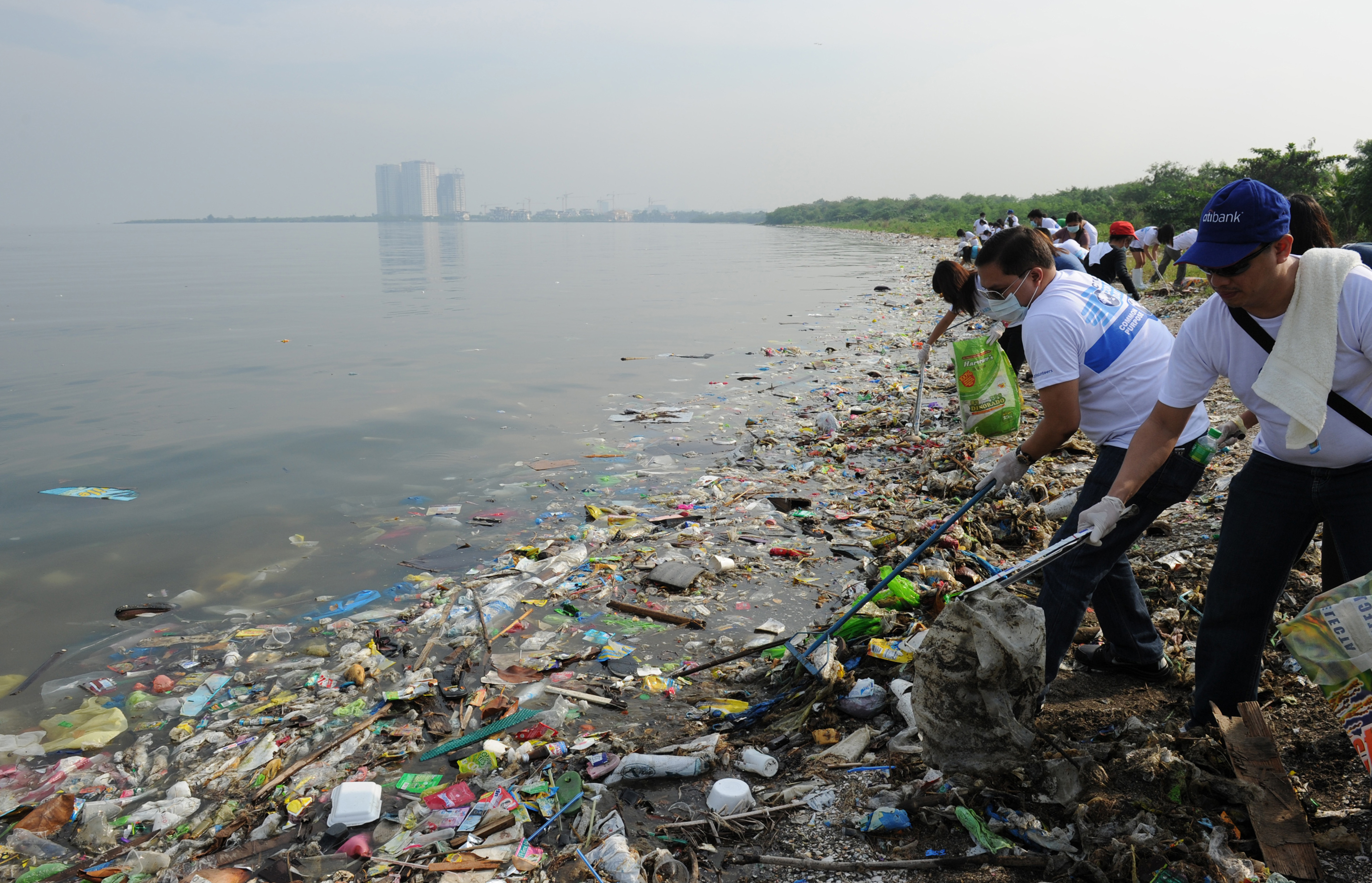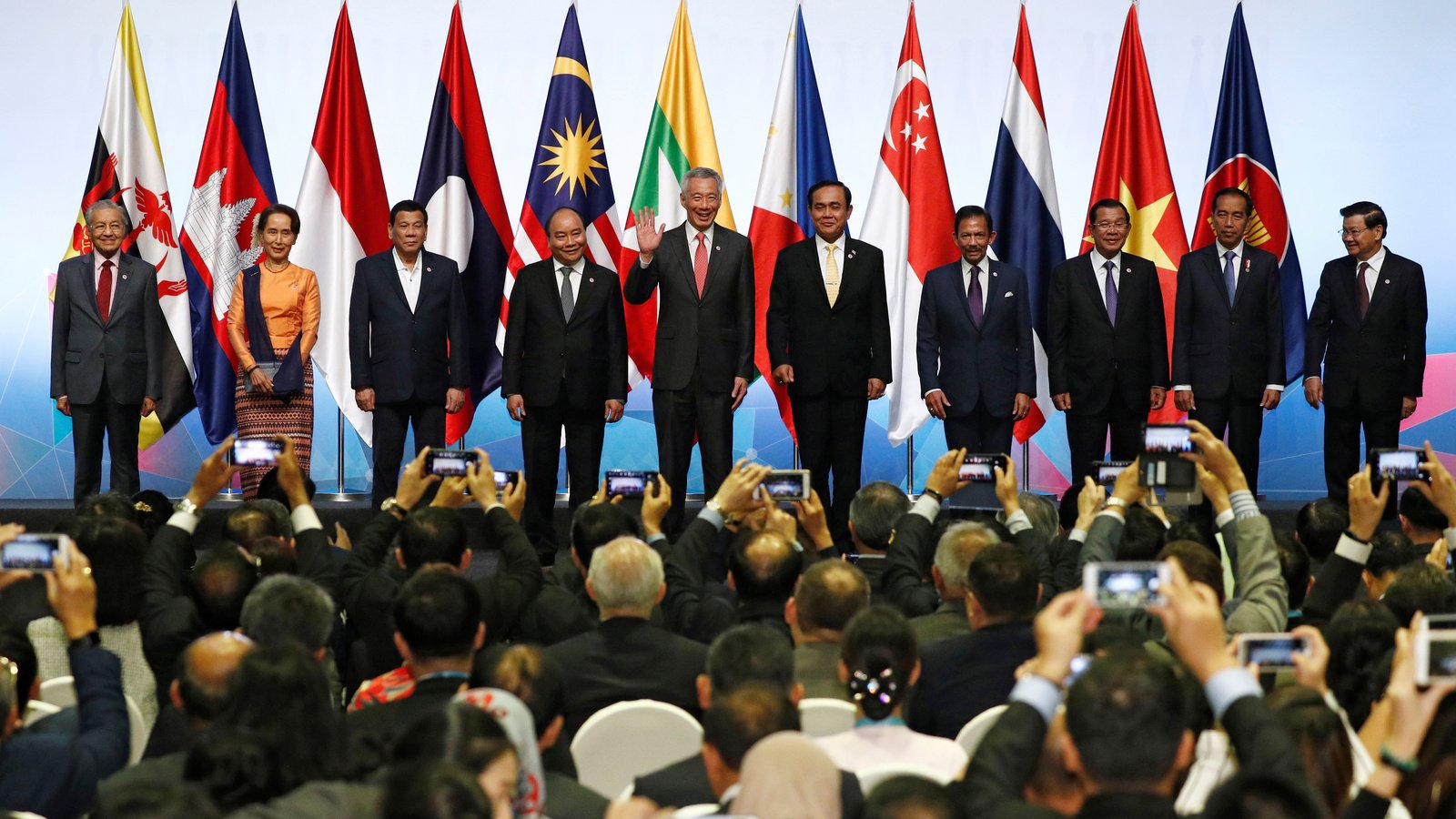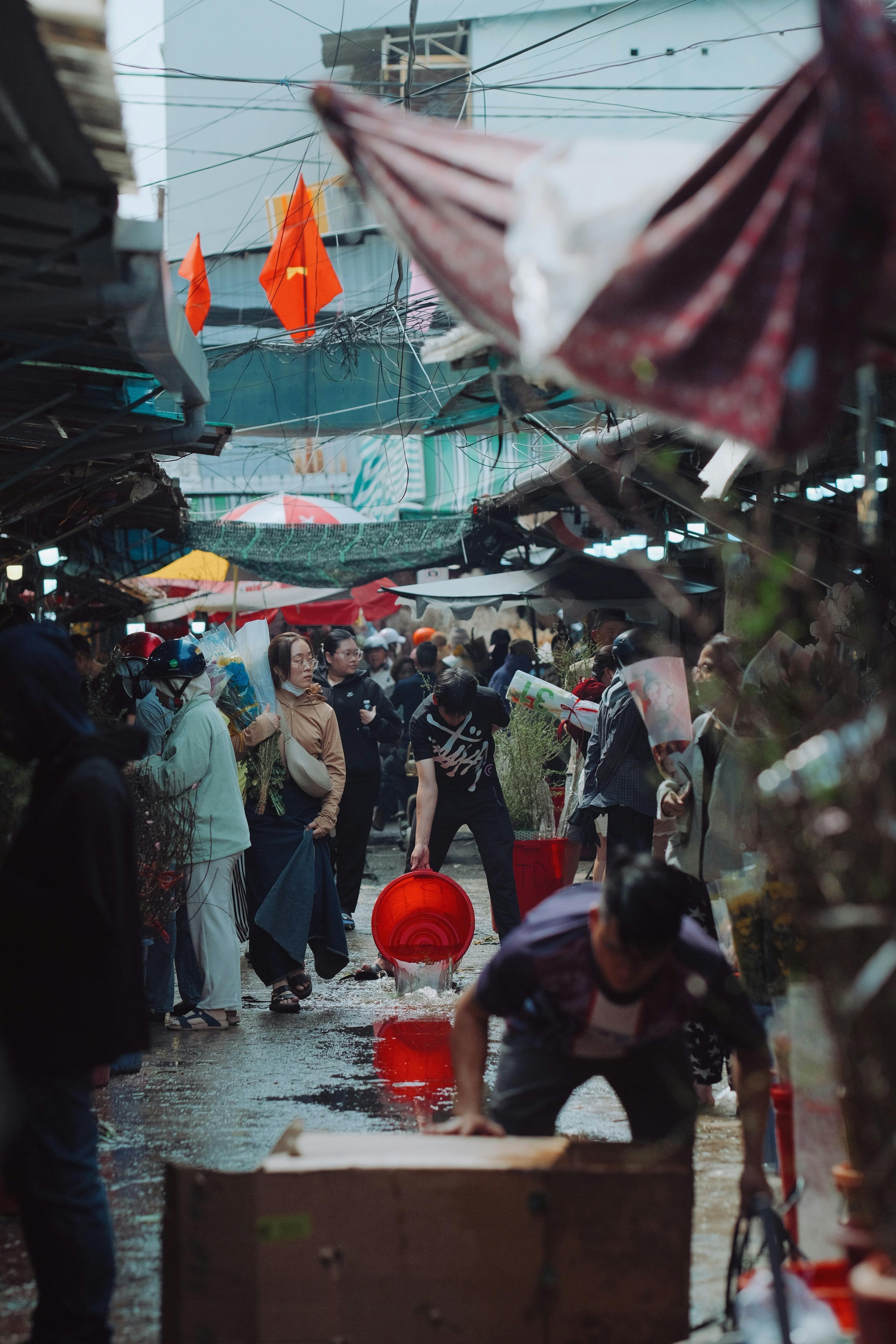This Year's Theme
Many of the issues within this year's region, East Asia and the Pacific, stem from a lack of regional cooperation. The presence of poor governance has also had a notable impact on governmental institutions, consequently leaving the region vulnerable to issues ranging from humanitarian problems to economic slowdown. Moreover, the region suffers from increasing environmental threats, maritime disputes and difficult political dynamics. Despite these issues, East Asia and the Pacific is of vital importance to global networks, due to vast economic potential and demographic capacity.
Annually, MUNDP sets its theme as one of the 5 United Nations Development Programme (UNDP) regions in the world. This year, in MUNDP's 26th annual session, the region that will be focused on is the “East Asia and the Pacific”. The UNDP serves as the United Nations’ developmental network through government cooperation, and communication with civil society, and the private sector to provide the knowledge, experience, and resources to help societies build better lives. In the East Asia and the Pacific region, the United Nations primarily works towards alleviating political tension, mitigating the impacts of environmental issues, promoting the vitality of human rights, and improving regional security.
The primary focus of MUNDP 2026 is to eradicate the obstacles that have been put forth by the political and economic instabilities in East Asia and the Pacific, in order to promote long-term sustainable development. Due to the increased tension caused by systemic differences in the East Asia and the Pacific region, the area continues to aim for stable governance and long-term developmental steps. Nonetheless, such secure solutions can be brought to life through international collaboration to create a prosperous future for all of East Asia and the Pacific.
.svg)
